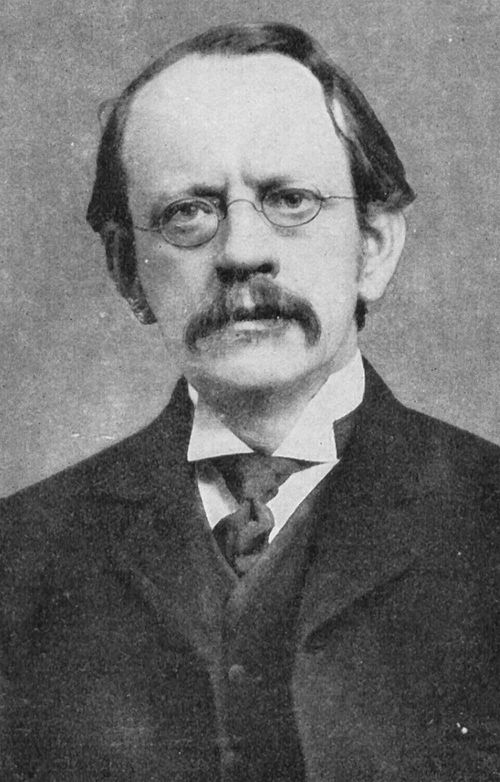Electronnoun
(particle) The subatomic particle having a negative charge and orbiting the nucleus; the flow of electrons in a conductor constitutes electricity.
Electronnoun
Alloys of magnesium and other metals, like aluminum or zinc, that were manufactured by the German company Chemische Fabrik Griesheim-Elektron.
Electronnoun
Amber; also, the alloy of gold and silver, called electrum.
Electronnoun
one of the fundamental subatomic particles, having a negative charge and about one thousandth the mass of a hydrogen atom. The electron carries (or is) a natural unit of negative electricity, equal to 3.4 x 10-10 electrostatic units, and is classed by physicists as a lepton. Its mass is practically constant at the lesser speeds, but increases due to relativistic effects as the velocity approaches that of light. Electrons are all of one kind, so far as is known. Thus far, no structure has been detected within an electron, and it is probably one of the ultimate composite constituents of all matter. An atom or group of atoms from which an electron has been detached has a positive charge and is called a cation. Electrons are projected from the cathode of vacuum tubes (including television picture tubes) as cathode rays and from radioactive substances as the beta rays. Previously also referred to as corpuscle, an obsolete term. The motion of electrons through metallic conductors is observed as an electric current. A particle identical to the electron in mass and most other respects, but having a positive instead of a negative charge, is called a positron, or antielectron
Electronnoun
an elementary particle with negative charge
Electron
The electron is a subatomic particle, symbol e− or β−, whose electric charge is negative one elementary charge. Electrons belong to the first generation of the lepton particle family, and are generally thought to be elementary particles because they have no known components or substructure.
Protonnoun
(particle) A positively charged subatomic particle forming part of the nucleus of an atom and determining the atomic number of an element, composed of two up quarks and a down quark.
Protonnoun
a stable particle with positive charge equal to the negative charge of an electron
Proton
A proton is a subatomic particle, symbol p or p+, with a positive electric charge of +1e elementary charge and a mass slightly less than that of a neutron. Protons and neutrons, each with masses of approximately one atomic mass unit, are jointly referred to as (particles present in atomic nuclei).










